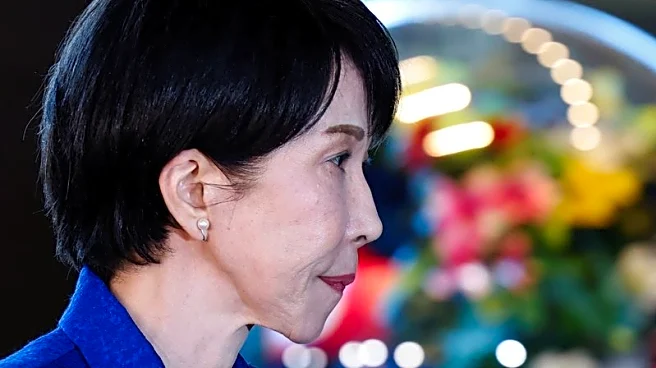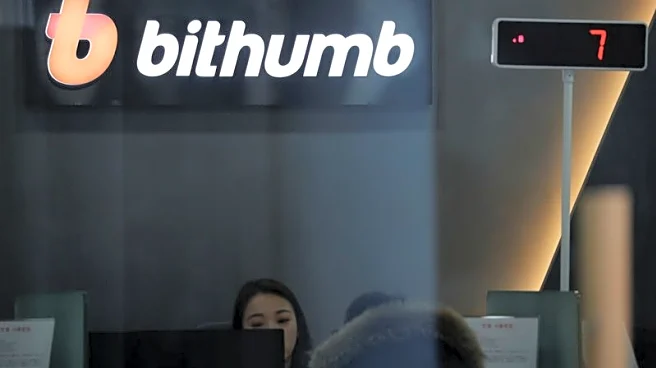Rapid Read • 9 min read
Several major U.S. corporations are preparing for significant reductions in their workforce as advancements in artificial intelligence (AI) continue to reshape business operations. Amazon CEO Andy Jassy recently informed his 350,000 corporate employees of impending job cuts due to efficiency gains from AI. Similarly, JPMorgan's consumer and community business head predicted a 10% reduction in its operations division, while Klarna's CEO reported a 40% decrease in headcount due to AI investments. Ford's CEO also projected that AI could eliminate half of all white-collar jobs. This trend reflects a broader shift among large corporations, which are increasingly viewing their extensive workforces as outdated and costly. Historically, large workforces were essential for growth and innovation, but AI is enabling companies to operate with leaner teams, potentially marking the end of the mega-employer era in corporate America.
AD
The shift towards AI-driven efficiency has significant implications for the U.S. labor market, particularly for white-collar workers. As companies reduce their workforce, there is a risk of diminished career opportunities and job security for many employees. This trend could lead to a more competitive job market, with fewer positions available for college-educated professionals. While AI offers the potential for increased productivity and innovation, it also poses challenges in terms of workforce displacement and the need for new skills. The reduction in large corporate workforces may also impact economic stability, as fewer jobs could lead to decreased consumer spending and economic growth. However, the rise of smaller, more agile companies could foster innovation and competition, potentially offsetting some negative impacts.
As AI continues to evolve, companies may further streamline their operations, leading to additional workforce reductions. This could prompt a reevaluation of workforce strategies, with a focus on reskilling and upskilling employees to adapt to new roles. Policymakers and industry leaders may need to address the potential social and economic impacts of AI-driven job displacement, including the development of support systems for affected workers. Additionally, the emergence of new business models and industries driven by AI could create opportunities for job growth, although this may require significant adjustments in education and training systems to meet the demands of a changing job market.
The ethical implications of AI-driven workforce reductions are significant, as companies balance the pursuit of efficiency with the responsibility to their employees. The potential for increased economic inequality and job insecurity raises questions about the role of corporations in society and the need for policies that ensure fair and equitable treatment of workers. Furthermore, the cultural shift towards smaller, more dynamic companies may alter traditional career paths and expectations, requiring individuals to adapt to a more fluid and uncertain job market.
AD
More Stories You Might Enjoy












